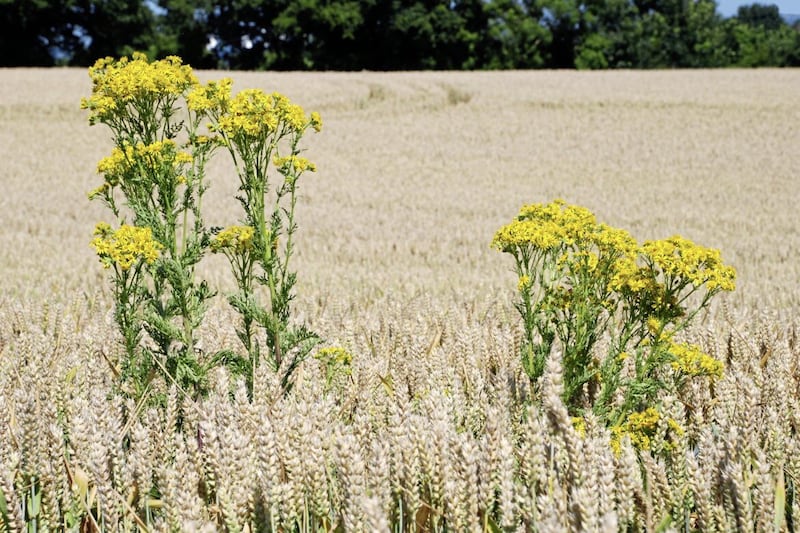CHRISTIAN fervour grips the Philippines like few other places.
When Pope Francis visited the country 12 months ago, millions took to the streets wherever he went and the crowd - estimated at between six and seven million - which attended the final Mass of his pilgrimage is the largest ever to attend a papal event.
The Misa de Gallo, with its novena of dawn Masses, dominates Advent and in Manila, the capital, processions to mark the feast of the Black Nazarene draw millions of worshippers.
The Philippines is the third largest Catholic country in the world - behind Brazil and Mexico - and that devotion will be focused on the week-long International Eucharistic Congress which begins in Cebu on January 24.
The last IEC was held in Dublin in 2012 and while Irish delegations will be present - along with thousands of others from all over the world - it is Filipino Catholics who are most excited about the gathering. Ex-pat Filipinos living in Northern Ireland are among those travelling to attend the congress.
Each congress is a gathering of Catholics from around the world aimed at promoting the central place of the Eucharist in the Church's life and mission.
Vatican documents define the congress as "a pause for commitment and prayer to which a particular Church invites the universal Church".
During this time, the Church says "the celebration of the Eucharist becomes the centre and vortex of all forms of piety, of theological and pastoral reflections, of social commitment".
The Archbishop of Cebu, Jose Palma, said he saw this month's Congress - the 51st - as an event of hope.
"In the midst of our preparations for IEC two natural disasters happened in the country in 2013," he said, referring to the earthquake and 'super typhoon' which shook the Philippines.
These, he noted, had "confirmed the Philippines as being the natural disaster capital of the world".
"We ask for prayers that reflect our theme, 'Christ in you, our hope of glory'," he said.
"In our world, where there is a shortage of hope, humankind needs to hear the message of hope in Christ Jesus."
It is the second time the IEC has been held in the Philippines. The 30th IEC was held in Manila in February 1937, remembered as "an extraordinary event for the entire Far East".
Adding further resonance to the congress is the fact that the Spanish expedition that first arrived in the islands in 1521 celebrated the Eucharist after landing on shore.
"Hosting the IEC is a privilege and blessing considering that Cebu is known as the 'cradle of Christian civilisation' in our country," said Archbishop Palma.
"Having been gathered in the Eucharist and nourished by the Word and by the body and blood of the Lord, it is our ardent prayer that we own our calling as a community in mission," he said.
The activities for the IEC are divided into two main parts, a 'theological symposium' from January 20-22, and a 'Congress proper' from January 24-31.
"The basic themes for reflections during the theological symposium are: 'the Christian virtue of hope'; 'Eucharist in the Gospel of St John'; 'liturgy and inculturation'; 'the history of the Novus Ordo'; 'evangelising the secular world'; and 'a catechism on the Sunday Eucharist'," said the Archbishop.
"During the Congress 'proper', themes include: 'Christ our hope of glory'; 'Christian hope'; 'the Eucharist as celebration of the paschal mystery'; 'the Eucharist as mission'; 'mission as dialogue'; 'the Eucharist and dialogue with cultures'; 'the Eucharist and dialogue with the poor'; 'the Eucharist and dialogue with other religions'; and 'the Eucharist and Mary'.
Speakers include Fr Robert Barron, a well known writer and commentator on faith and culture, and Cardinal Timothy Dolan, the Archbishop of New York rated by Time magazine as one of the 100 most influential people in the world.








